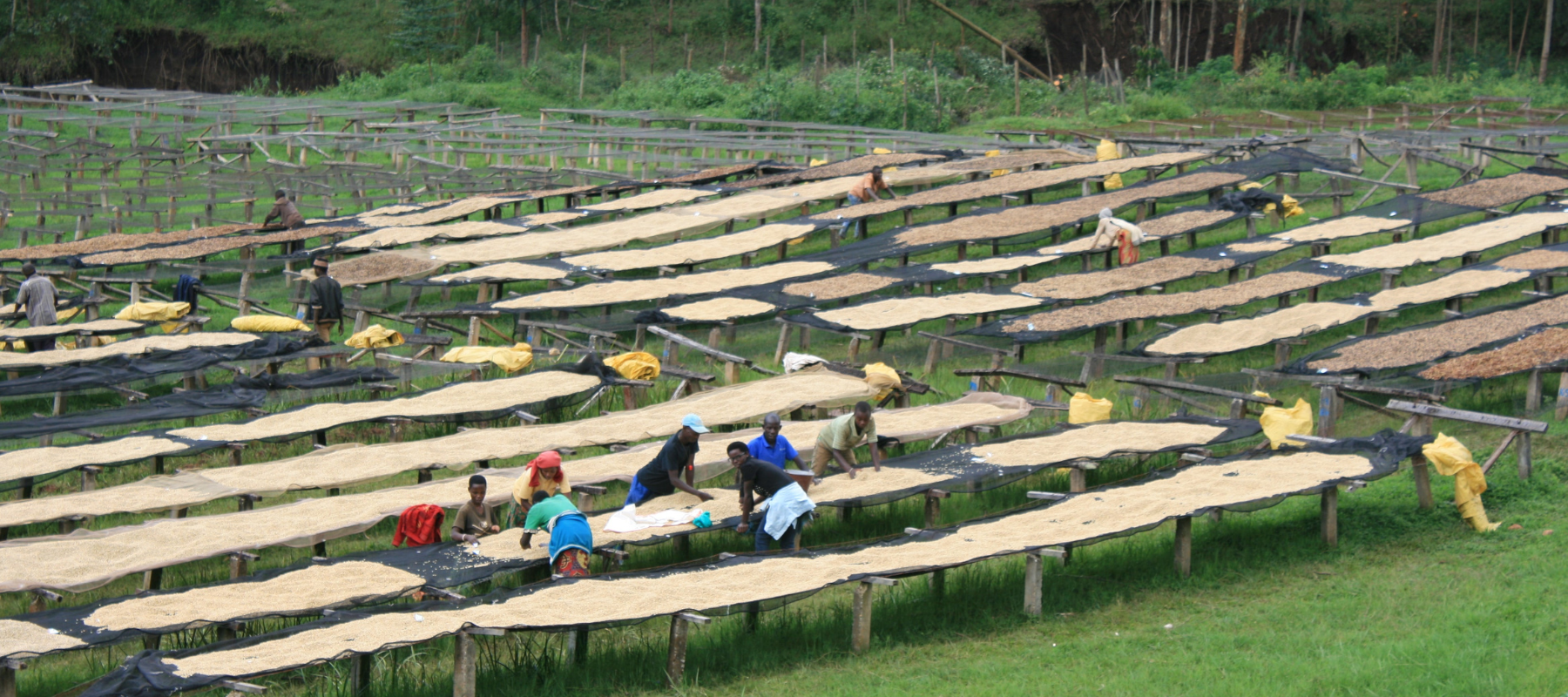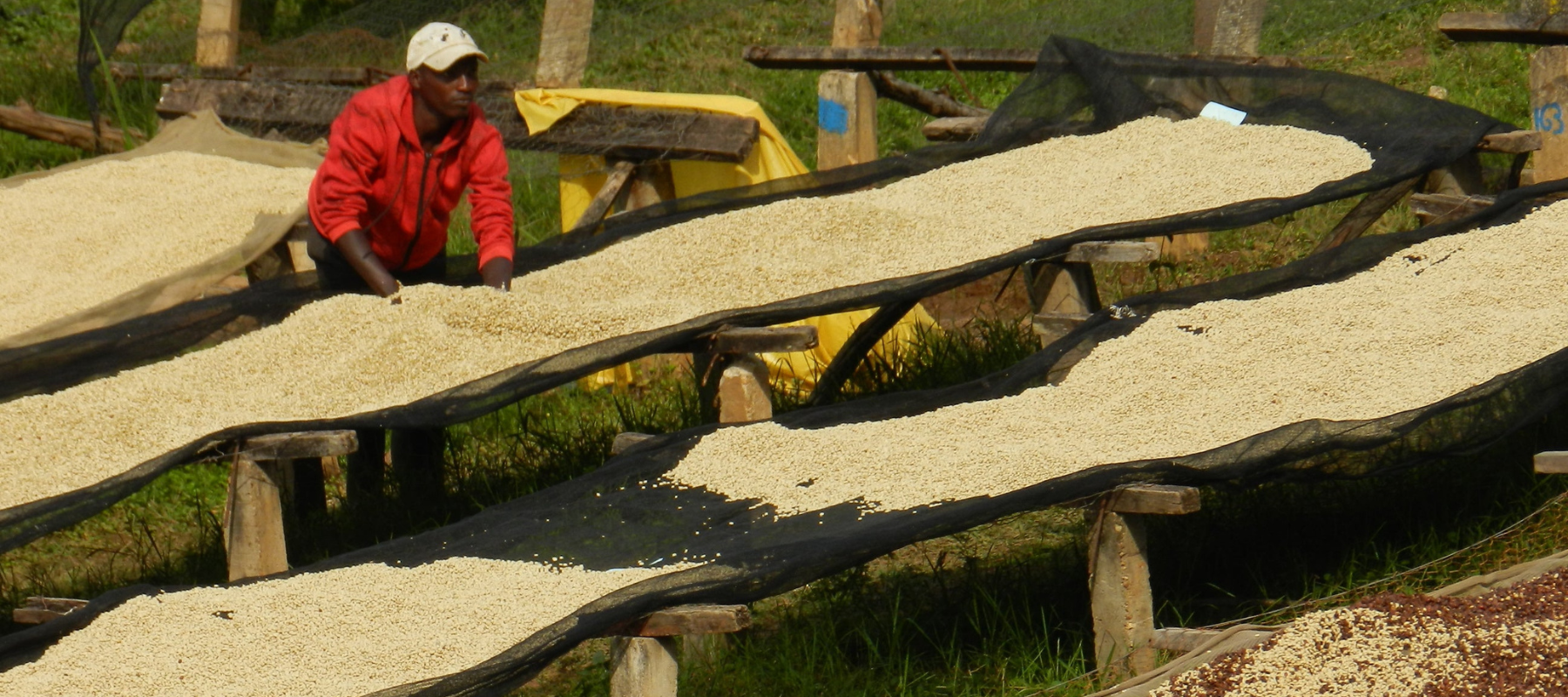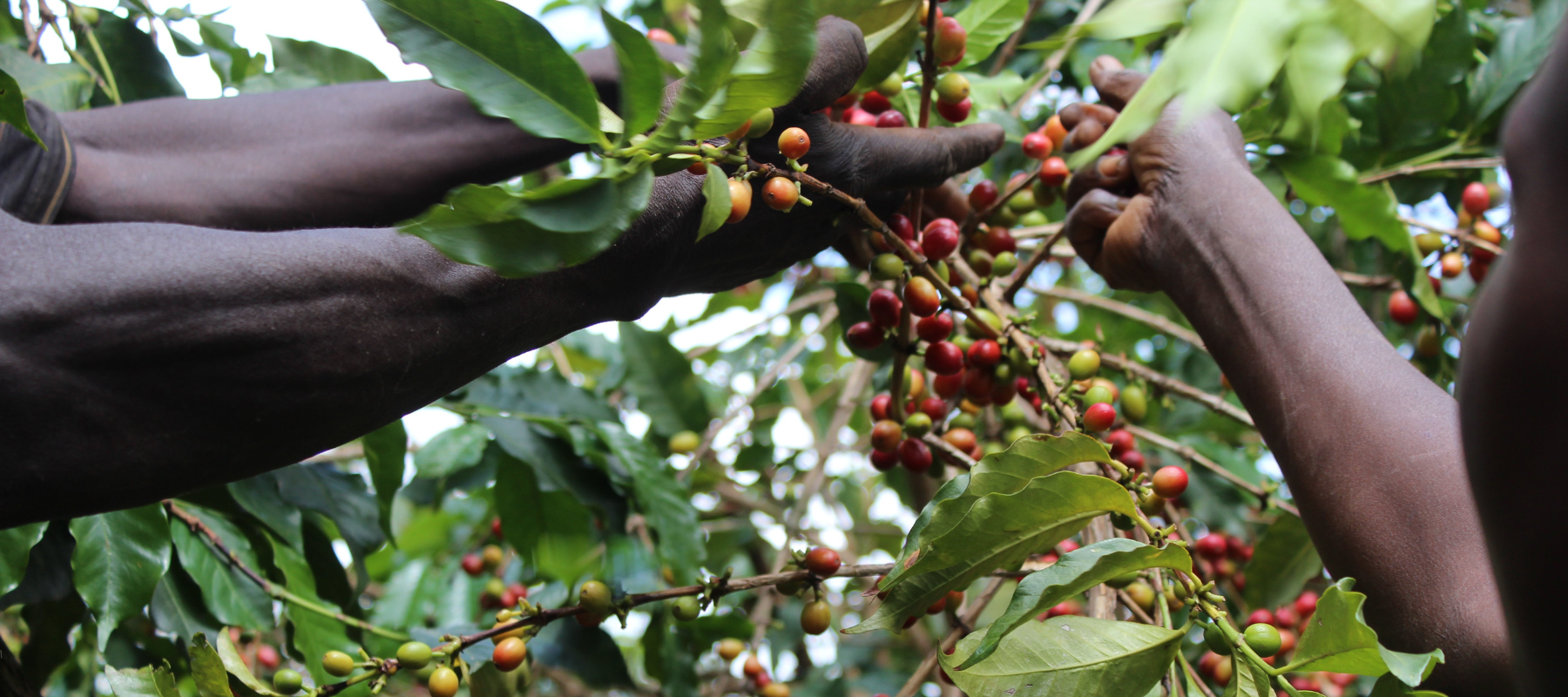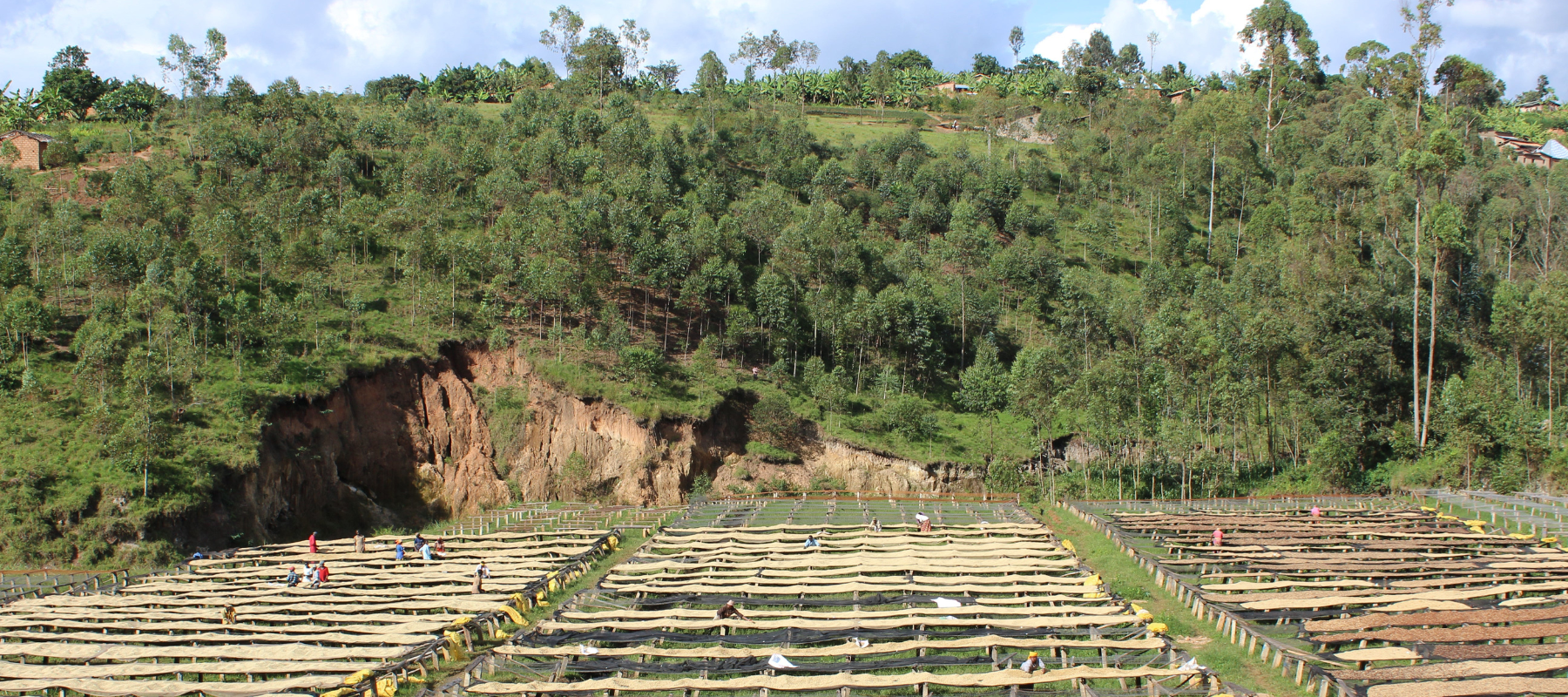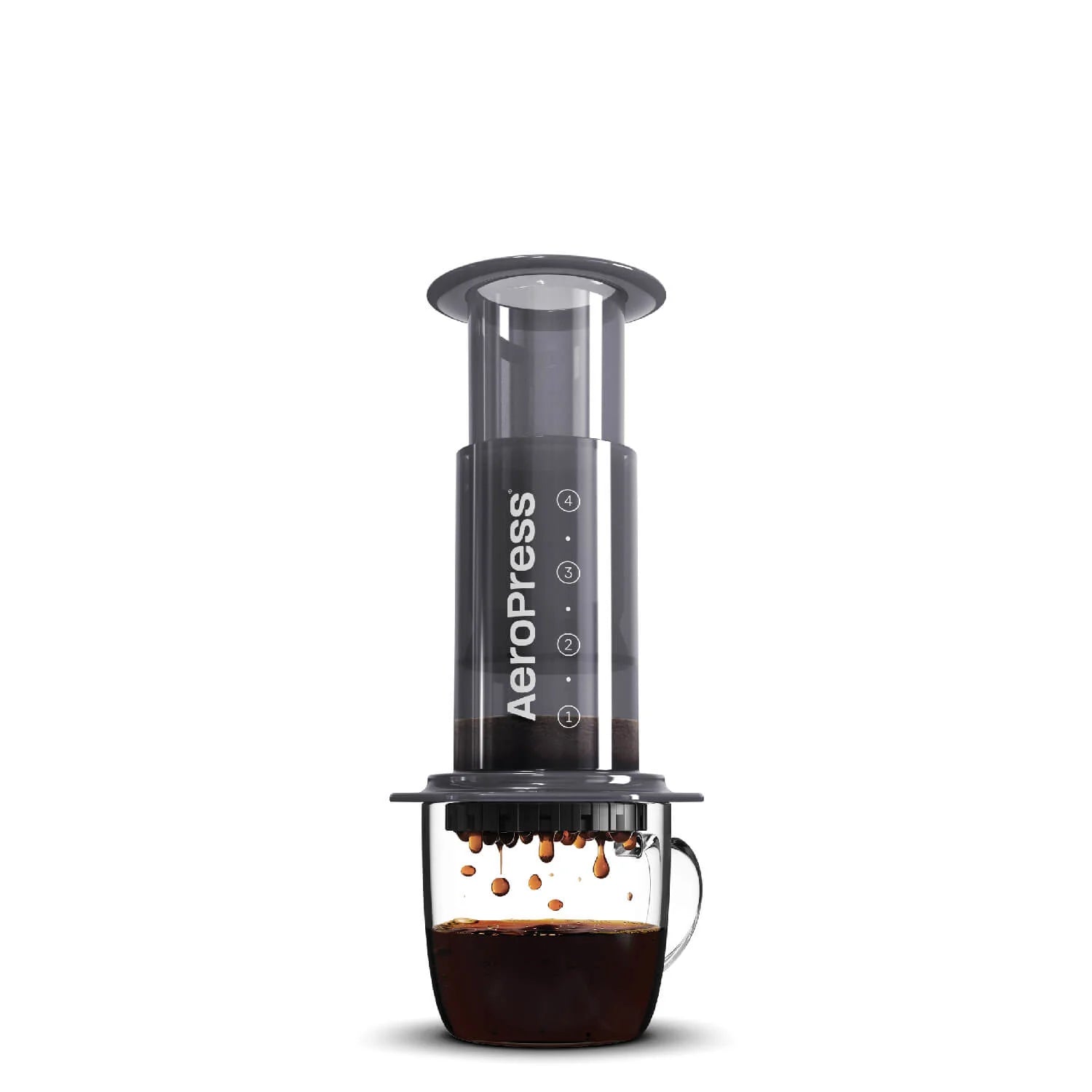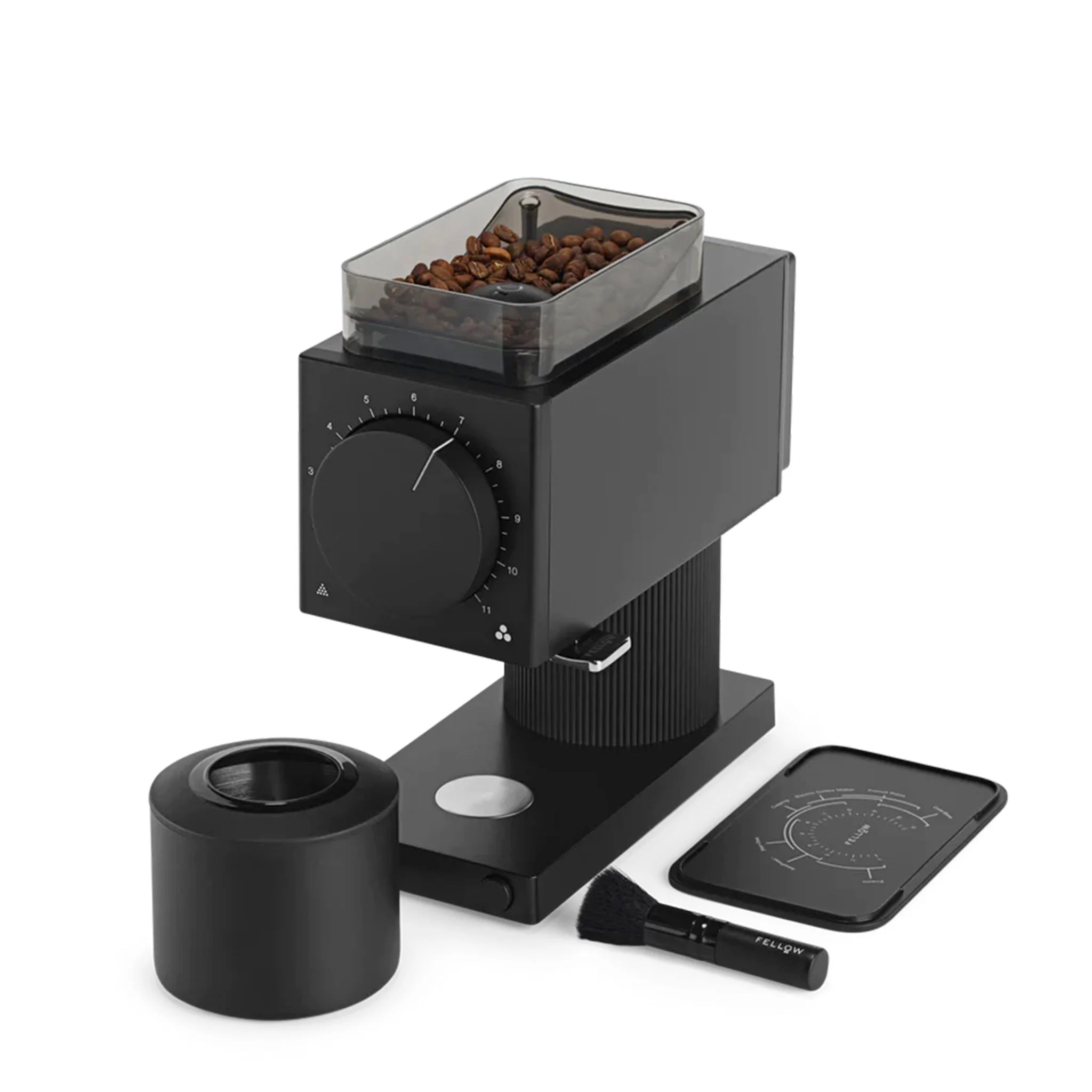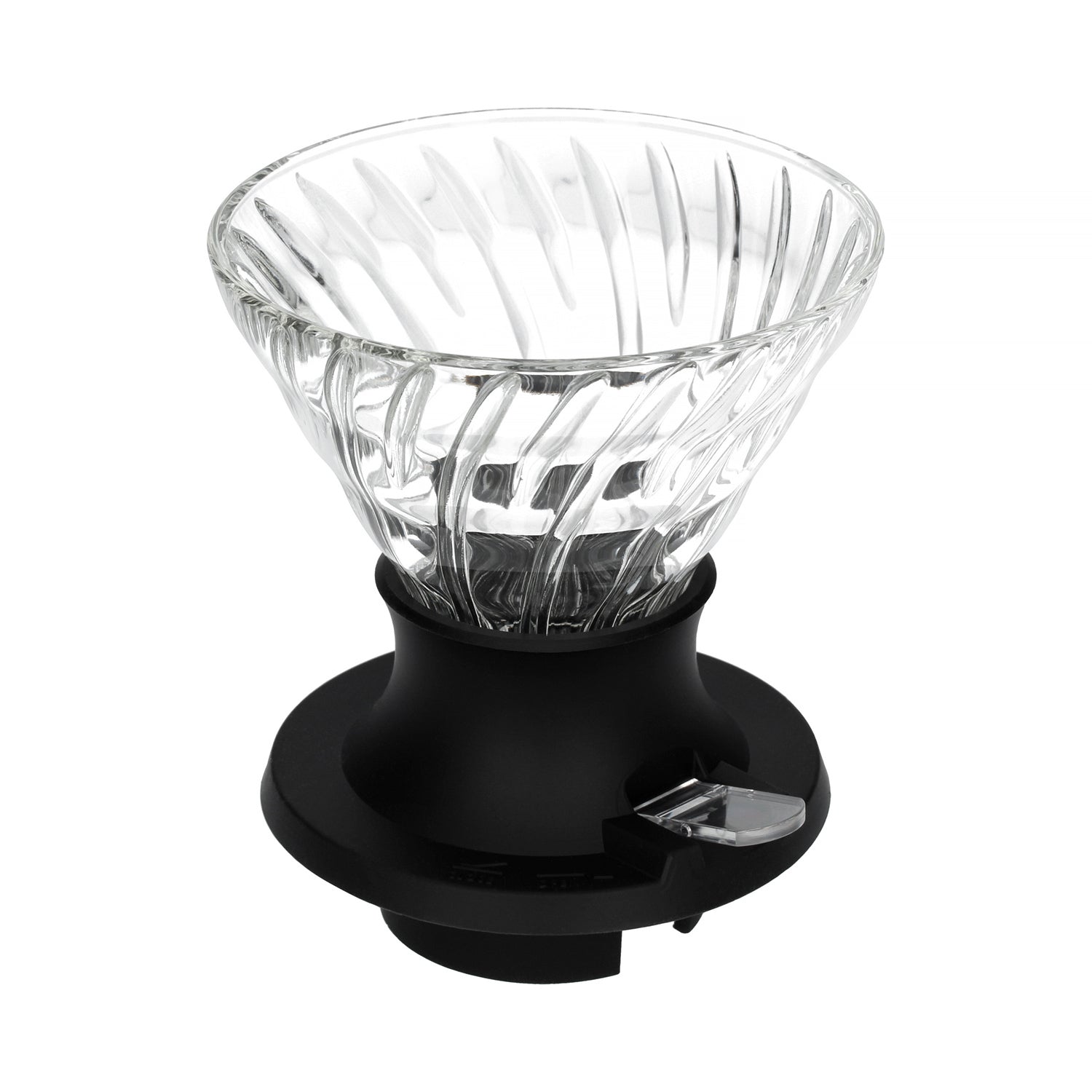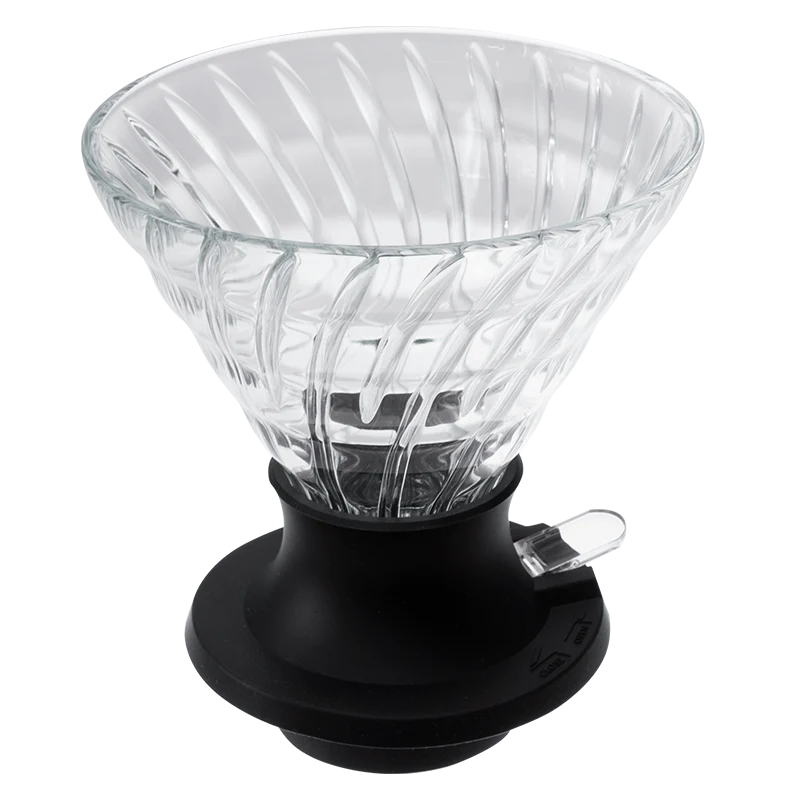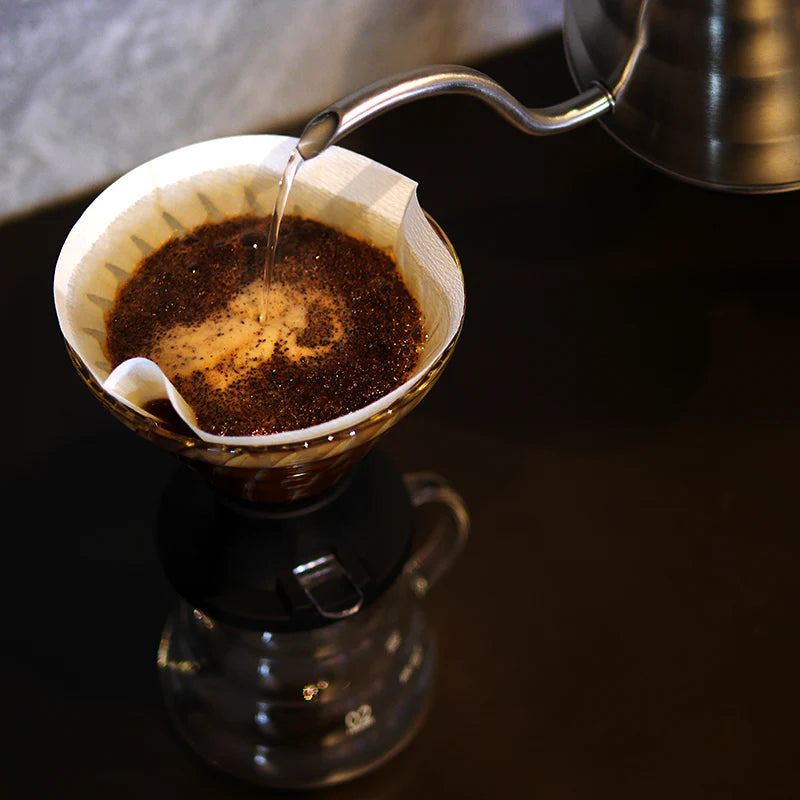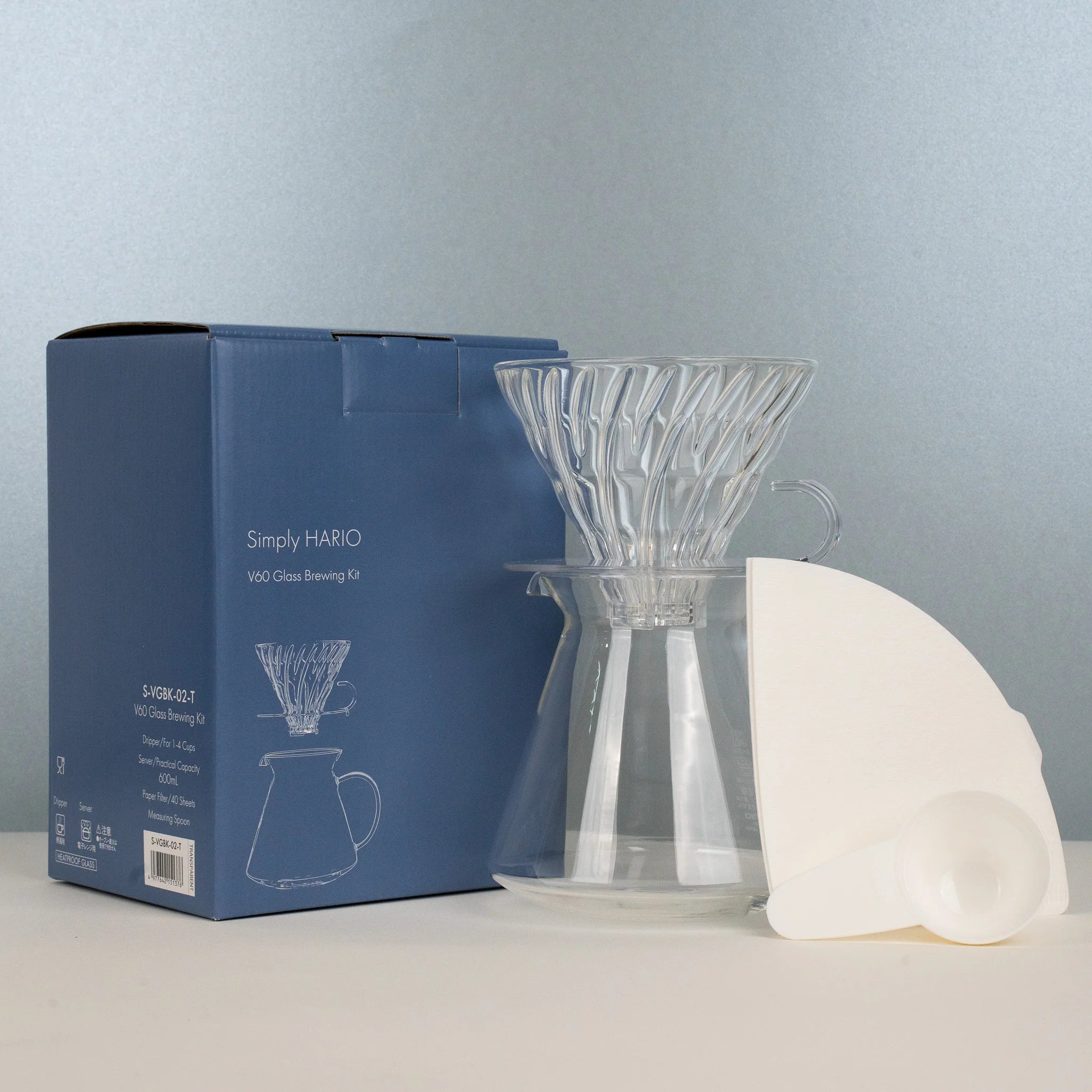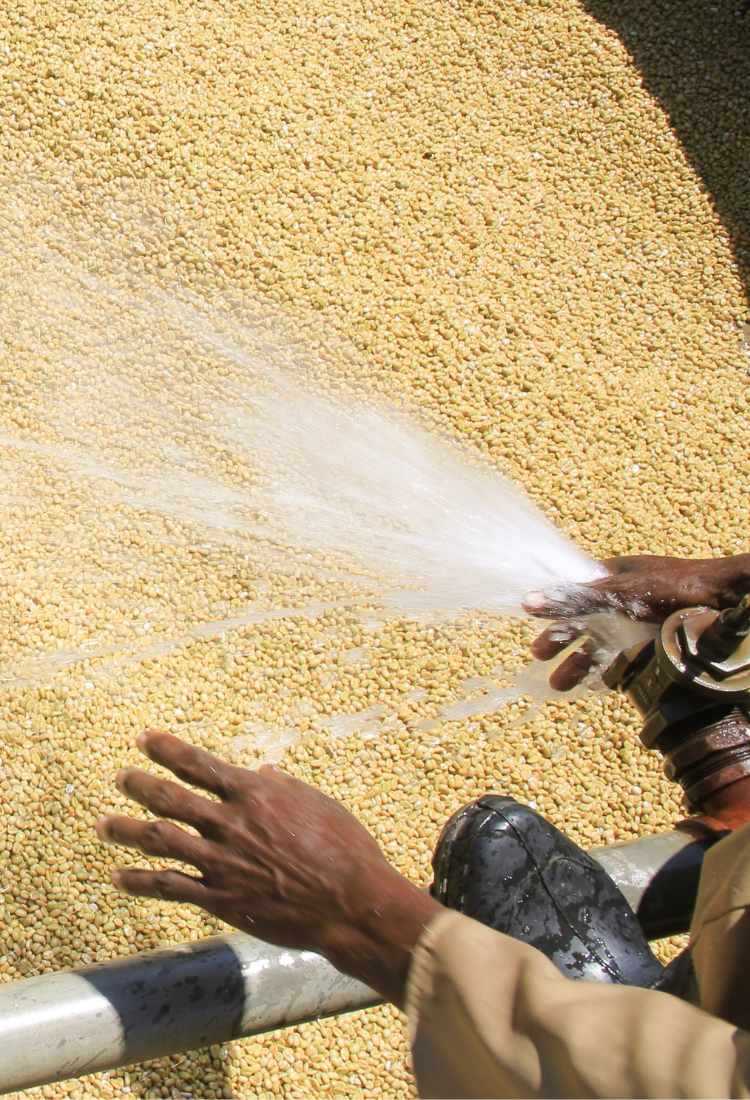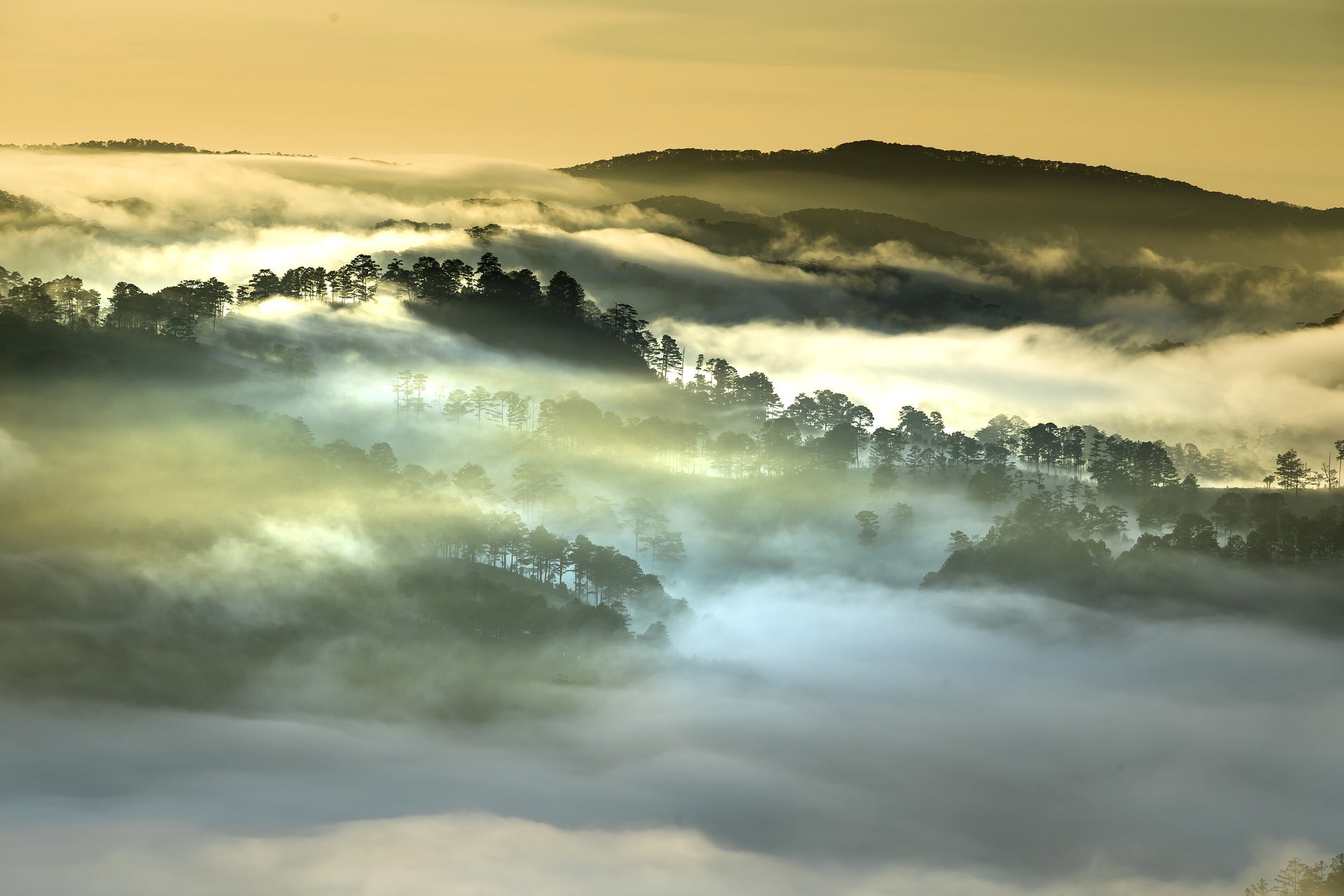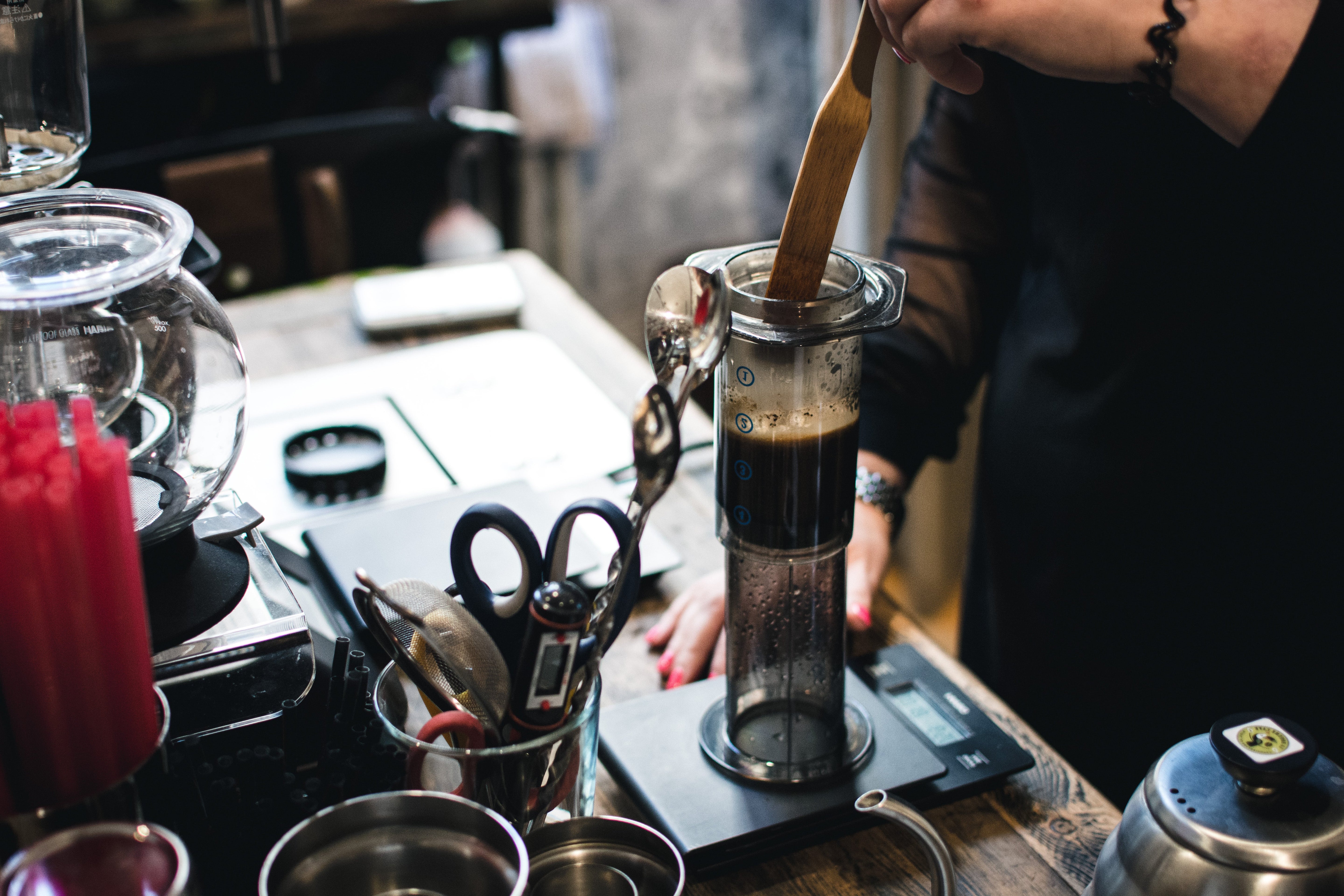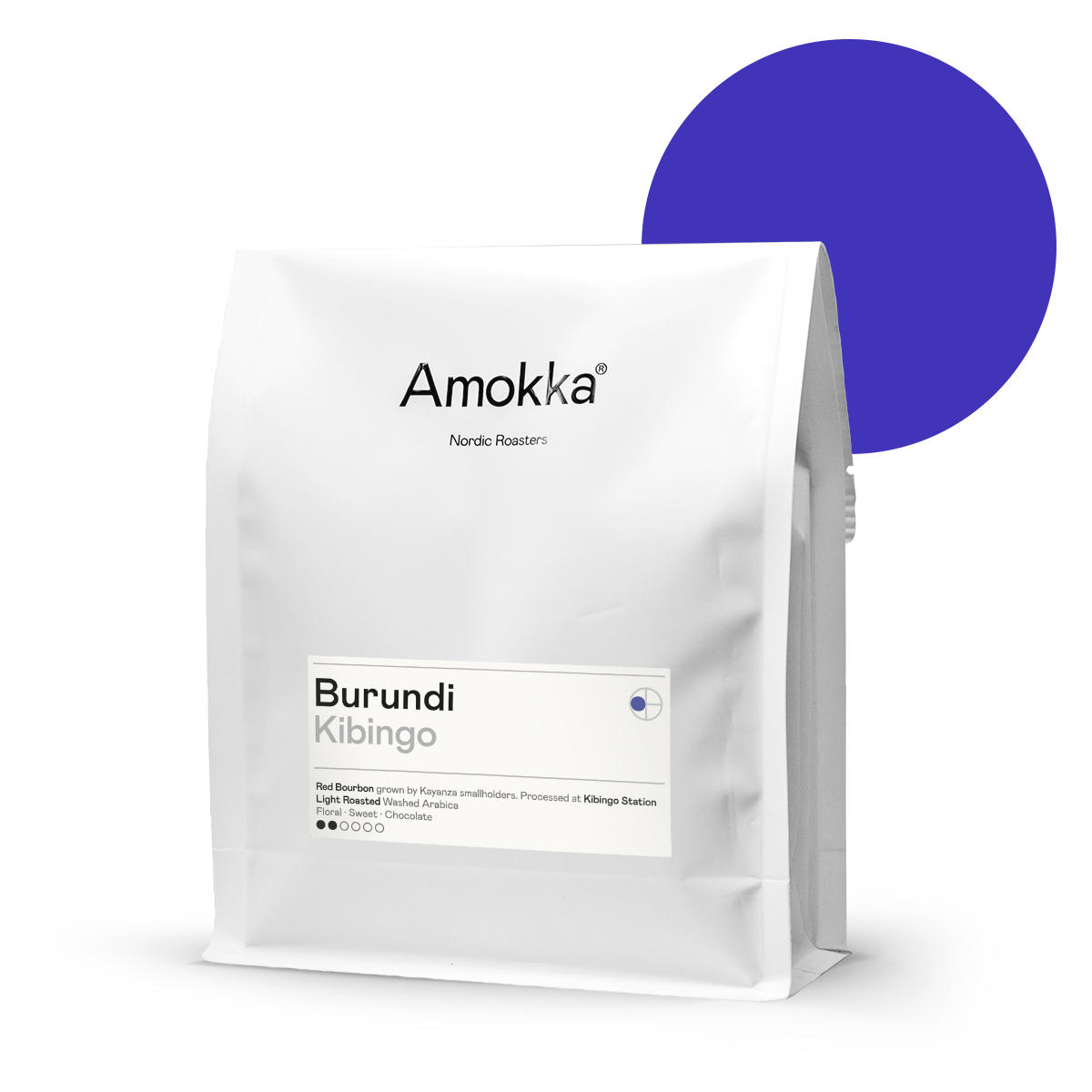
Burundi Kibingo
The Kibingo washing station is located in the Kayanza highlands of northern Burundi, close to the Congo-Nile Crest. It was founded in 1986 and is one of the older stations in the area. Coffee delivered to the mill is selectively handpicked by local smallholders; Kibingo serves a total of 1,739 coffee growers spread over 18 hills in the area at altitudes ranging from 1700-1900 m.a.t.s. Most families only have between 200 to 250 trees,
"Burundi is a new origin for Amokka. It's one of those origins that we feel have that really unique taste of place. However, we tried quite a few coffees before settling on this washed lot from the Kibingo station. Tasting it, we found it to be both balanced and juicy with a long bright acidity. We found flavour notes of apple and rhubarb with a touch of blueberries in the finish"
Origin
Burundi
Region
Kayanza, Burundi
Producer
Varieties
Red Bourbon
Processing
Washed
Crop Year
2023/24
Altitude
1700-1900m.a.s.l.
Roast level
2 out of 6
Flavour Notes
Floral, Sweet, Chocolate
Roaster
IMF
Batch Size
5 kg
End Temperature
°C
Time
9.17 minutes
Choose options

Kayanza, Burundi
Kibingo Village
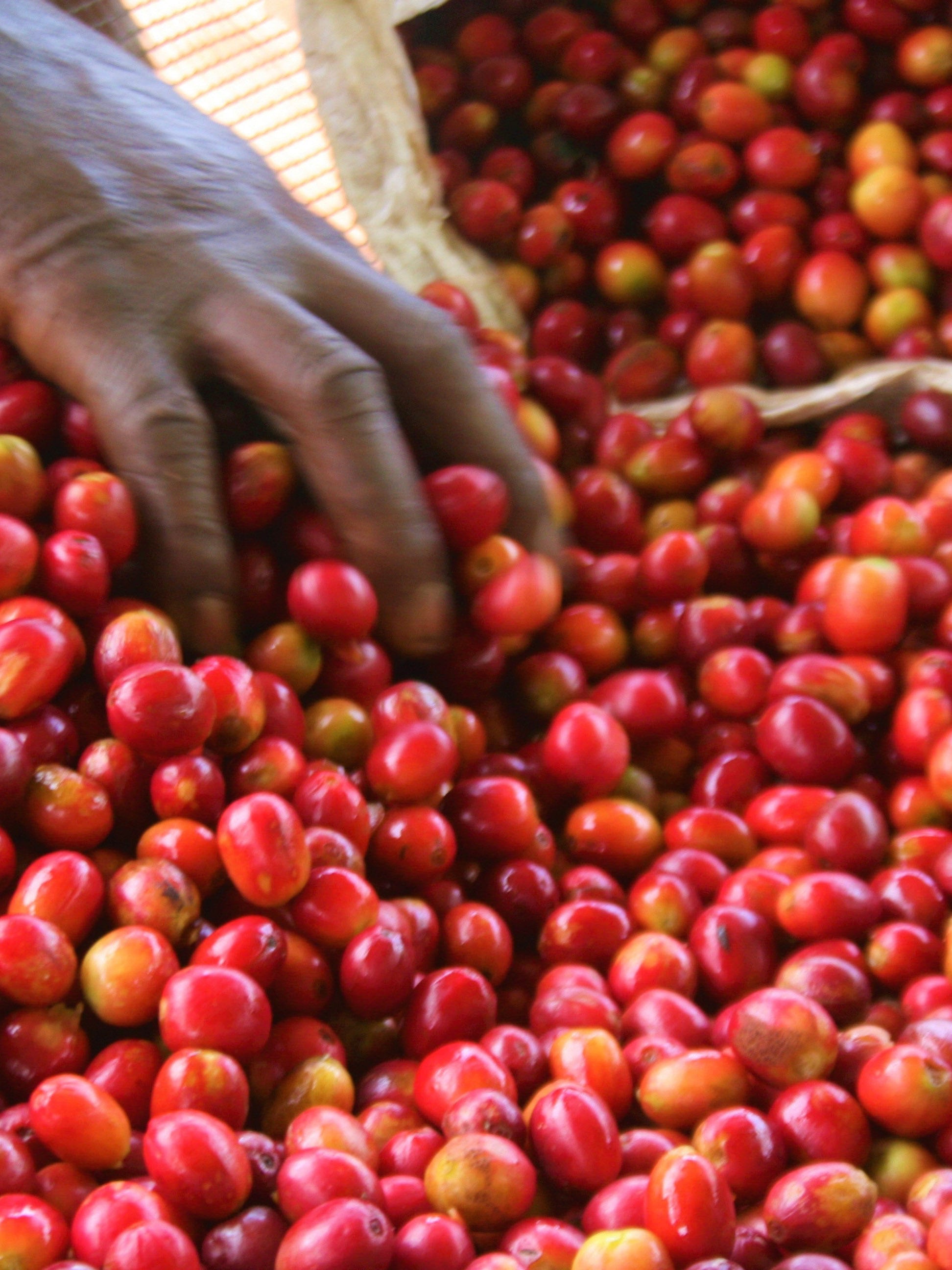
A History of Growth and Challenges


